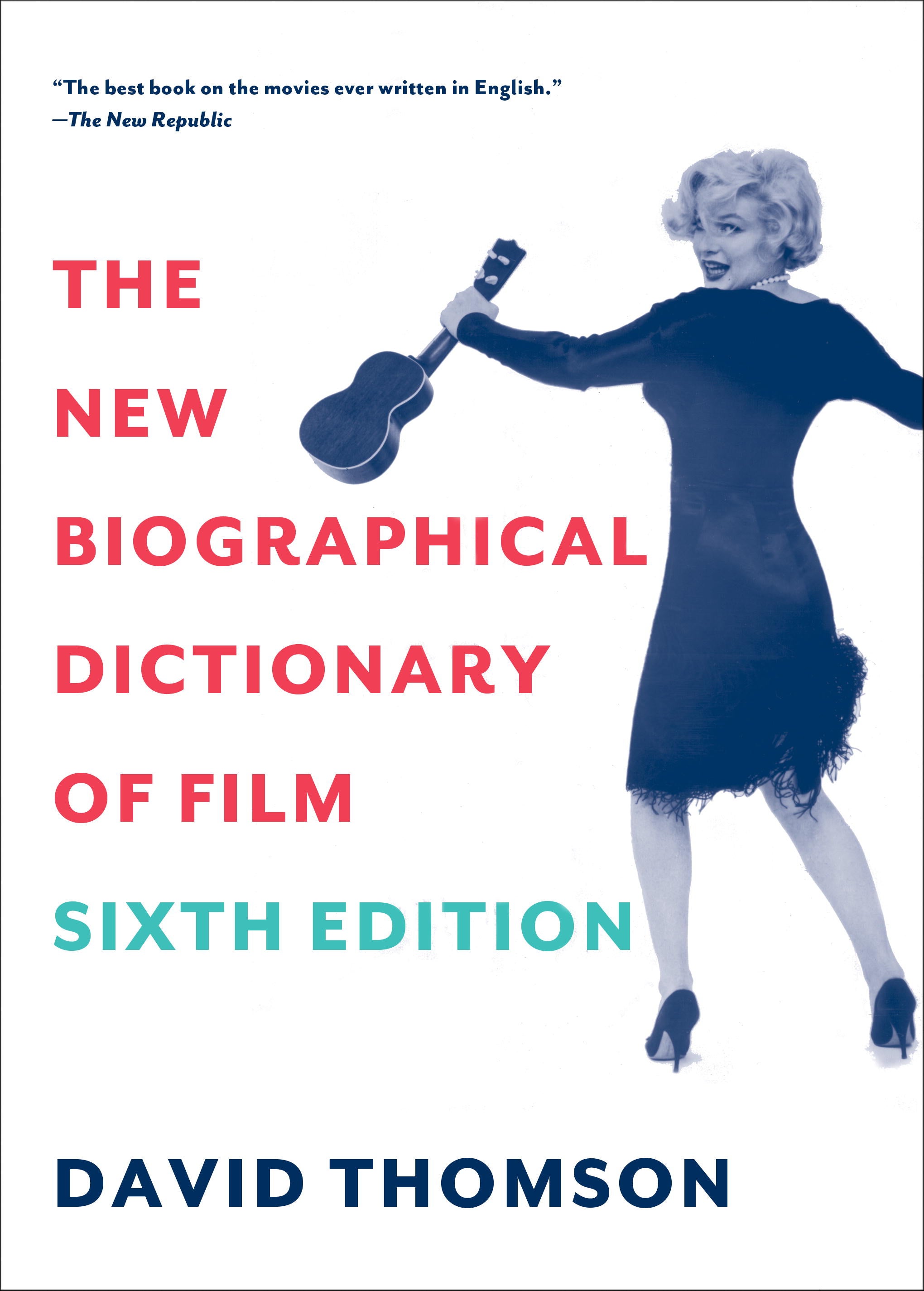"Oral story telling is a deeply human tradition, but it was only with the blitzkrieg of nineteenth century mass publishing that the written short story became a specific art form. Magazines served up stories as snacks for readers, and did so with relish,"
wrote Paul Vidich, co-founder of Storyville, in The Millions.
Fiction was an essential part of American general interest magazines such as
McClure's,
Liberty,
Collier's, and the
Saturday Evening Post. These popular magazines published fiction (by writers from Mark Twain and Edith Wharton to J.D. Salinger and Ray Bradbury) alongside articles on social issues, politics, fashion, and sports.
Over the course of the twentieth century, the introduction of movies, radio, and, television, led to a decline in magazine reading as a form of entertainment. By the 1960s, general interest magazines had mostly disappeared and short fiction publishing shifted into the domain of small circulation literary journals most of which are based in academia.
Queen's Quarterly,
Tikkun, and
Hothouse are contemporary publications that break with the prevailing model. None of these publications is primarily a literary journal yet they all consider publishing short fiction an important part of their mission.
Founded in 1893 and based at Queen's University in Kingston, Ontario,
Queen's Quarterly, is Canada's oldest scholarly publication. In the 1930s, in order to expand its cultural influence and readership,
Queen's Quarterly began publishing fiction. The work of top Canadian writers including Mavis Gallant, W.P. Kinsella, and Carol Shields has appeared in its pages.





